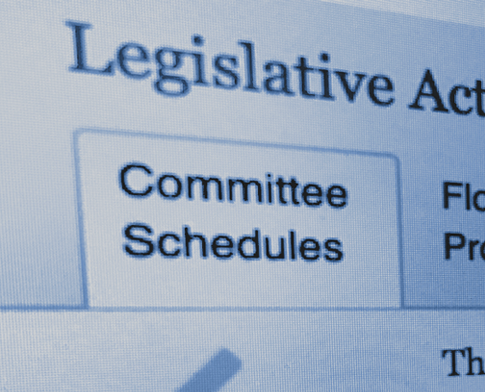Trade Update (August 17th)
NAFTA
August 16th marked one year since the US, Mexico, and Canada first met in Washington DC to renegotiate NAFTA. Mexico and the United States have been in discussions without Canada since July. NAFTA talks stalled in June after the Trump administration opted to levy steel and aluminum tariffs on Canada, Mexico, and the EU.
Canada is expected to rejoin the talks eventually but will likely wait until the US and Mexico resolve the auto content rules and auto sector work requirements. Mexican Economic Minister Ildefonso Guajardo said the two countries have not discussed the US-proposed sunset clause, which has been repeatedly rejected by both Canada and Mexico. The US and Mexico want to reach an agreement by the end of August to allow Congress to review and pass the agreement before November’s midterm elections and to ensure the agreement is in place before President-elect Andres Manual Lopez Obardor takes office in December.
When asked about Canada’s absence from the negotiations President Trump said, “We’re not negotiating with Canada right now. Their tariffs are too high, their barriers are too strong, so we’re not even talking to them right now.”
US – China Trade Relations
On August 23rd, US Customs and Border Protection will begin collecting 25% duties on $16 billion worth of Chinese imports. This is the second round of tariffs related to the Section 301 investigation, which will bring the total tariffs against Chinese imports to $50 billion. The first round of 301 tariffs on $34 billion worth of goods were levied on July 6th. Information about requesting a product exclusion was published Thursday (16 Aug).
Next week (20-25 August), USTR will hold hearings on $200 billion worth of Chinese imports that could face tariffs up to 25%. 370 witnesses are expected to testify over the course of the week. Past hearings have been open to the public, but the National Taxpayers Union wrote a letter to USTR Lighthizer requesting the hearings be broadcast live “since most Americans will not be able to view next week’s hearings in person.”
Despite continuing threats of escalating tariffs, a Chinese delegation, including Vice Commerce Minister Wang Shouwen, will travel to the United States next week to discuss trade. No official details have been released, but the US is demanding China that lowers its import tariffs, provides better international property protections, and stops forced technology transfers.
US – Turkey Trade and Diplomatic Relations
On Friday (10 Aug), President Trump announced he would increase tariffs on Turkish steel imports to 50%. The proclamation states, “while capacity utilization in the domestic steel industry has improved, it is still below the target capacity utilization level the Secretary recommended in his report.” The increased tariff took effect on Monday (13 Aug).
After the announcement on Friday, the Turkish lira plunged 20%, reaching a record low. In response, Turkish President Erdogan encouraged Turks to convert dollars and euros to lira in an attempt “to shore up the national currency” and the central bank “vowed to provide banks with ‘all the liquidity they need.’” Turkey also doubled tariffs on US imports of cars, alcohol, tobacco, cosmetics, rice, and coal.
The relationship between the two countries is further complicated by the arrest and detention of Evangelical Pastor Andrew Brunson, who is accused of espionage and terrorism. The Trump administration sanctioned two Turkish officials in early August and continues to threaten Turkey with additional measures if Brunson is not released. USTR announced it will review Turkey’s Generalized System of Preferences (GSP) eligibility.
Just as the US – China trade war has had a global impact, the US – Turkey disputes have already impacted international markets.
CFIUS
When President Trump signed the defense authorization bill into law at Fort Drum, New York on Monday (13 Aug), he also expanded the powers of the Committee on Foreign Investment in the United States (CFIUS). Previously, CFIUS could only investigate mergers, acquisitions, or takeovers “that could result in foreign control of any United States business.” The definition now includes real estate in close proximity to US military bases or sensitive national security facilities; any investment in a critical infrastructure or critical technology company; any change in foreign investor’s rights; and any transaction, transfer, agreement or arrangement designed to evade CFIUS. Other updates include giving the US Court of Appeals for the DC Circuit exclusive jurisdiction over civil action challenges; requiring copies of partnerships agreements, integration agreements, or other side agreements relating to the transaction; an official definition of the term “critical technology;” and giving the Committee the power to suspend transactions while it is under review.
More information on what the Foreign Investment Risk Review Modernization Act of 2018 will change can be found here and additional FAQs from the Treasury Department can be found here.
HOUSE.GOV
The Week Ahead
For the main events of the next week and more, go straight to the key events on the house.gov website.
SENATE.GOV
The Week Ahead
For the main events of the next week and more, go straight to the key events on the senate.gov website.


